According to legend, Saint Martin, a Roman soldier, gave a beggar half of his red cloak to protect him during a snowstorm. As a result, many countries of the Catholic faith designate a day in his honour to celebrate his good deed, usually the 11th of November.
In Germany, this consists of a lantern procession, huge bonfires, singing, story-telling and a hearty St. Martin’s Day meal.
While celebrations were largely cancelled last year as a result of the pandemic, an easing of restrictions means St. Martin’s Day is back on the German holiday calendar and an opportunity to join in on this German tradition is here. Make sure to check the COVID regulations for each individual event to make sure you can fully enjoy this autumn festival.
What events are on around Germany this St. Martin’s Day?
The traditional lantern walk – Laternenlauf – is usually organized independently, however many of these parades are open to all and encourage people of all ages to join and celebrate the occasion.
If you’re in Berlin, head to Museum Island, where the celebration of St. Martin begins at the Berlin Cathedral. First, there will be a production of the play of St. Martin at 5pm, followed by songs on the steps of the cathedral at 5:45pm, ending with the lantern processions around Museum Island.
For churchgoers, head to the Kaiser-Wilhelm-Gedächtniskirche at 4:30pm for a special family service during which the story of St. Martin is told, followed by another lantern procession starting at Breitscheidplatz. At the end of the walk, you’ll find the traditional St. Martin’s bonfire and get to enjoy some delicious grilled Bratwurst and warm wintery drinks.
In Frankfurt, families and groups of children are invited to come with their lanterns to an open-air sing-along around a St. Martin’s bonfire on the Kirchplatz at 5pm on November 11th.
At St. Bernhard’s church there will be a service with brass music and a pretzel for each participating child to share. The St. Martin’s Story will also be available to view in the open church until the 14th of November, where there will be videos and songs to sing along to, and find out more about the holiday’s history.
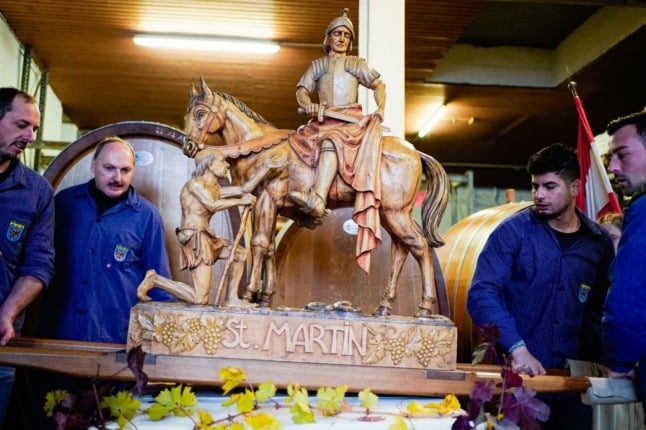 A sculpture of St martin at a procession in the Rhine region. Photo: dpa | Uwe Anspach
A sculpture of St martin at a procession in the Rhine region. Photo: dpa | Uwe Anspach
In Munich, the lantern procession on November 11th at the Erlöserkirche in Schwabing has unfortunately been cancelled for the second year running, however there will still be a church service (with 3G-rule and compulsory mask wearing).
But, if you’re still feeling in the spirit a few days later, head northeast of Munich to the big Freisinger St. Martin’s procession through Freising’s city center to the Domberg.
This procession in Freising is considered one of the most beautiful in Bavaria and is organized by the Freising Music School. You’ll be greeted by choir and orchestra performances at Marienplatz at 5:30pm on November 14th, followed by a lantern procession and bonfire.
In Nuremberg, the traditional St. Martin’s procession in the city center, which usually goes from St. Sebald’s Church to Egidienplatz had to be cancelled this year. However, just outside of Nüremberg in Fürth, the Church of St. Martin on Hochstraße will be holding the St. Martin’s Market on the 12th of November.
From 3:30pm onwards you can enjoy bratwurst, punsch, coffee, cake and grilled St. Martin’s fish. An open-air service will take place at 4:30pm, followed by the lantern procession ending in front of the church, where St. Martin will be waiting on horseback.
In Cologne, a socially distanced and masked service will be held at 5pm in the iconic Kölner Dom. During the service, the St. Martin’s play will be performed, then you can head to Roncalliplatz, where St. Martin will be on horseback ready to lead the procession through the old town to the church of St. Martin.
Afterwards, bread rolls (wrapped up for hygiene reasons) will be distributed to everyone in the crowd. November 11th also marks the beginning of the carnival period, so don’t miss the opportunity to start the celebrations early in Germany’s carnival capital.
And if you don’t feel like going out on this wintery St. Martin’s Day, why not attempt to make a traditional German St. Martin’s Day feast, featuring red cabbage, dumplings and, most importantly, the Martinsgans (Martin’s goose).
SEE ALSO: Are Christmas pickle ornaments really a German tradition?

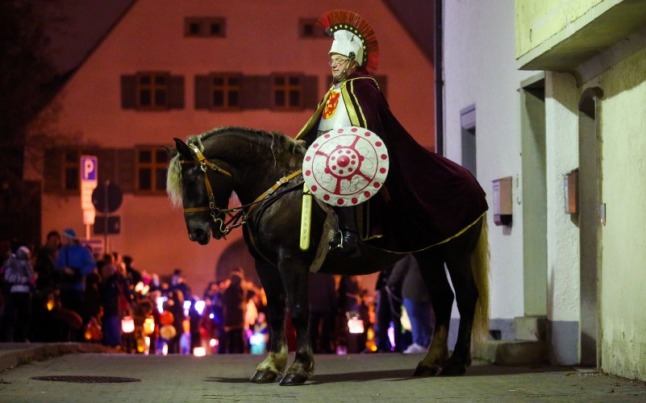
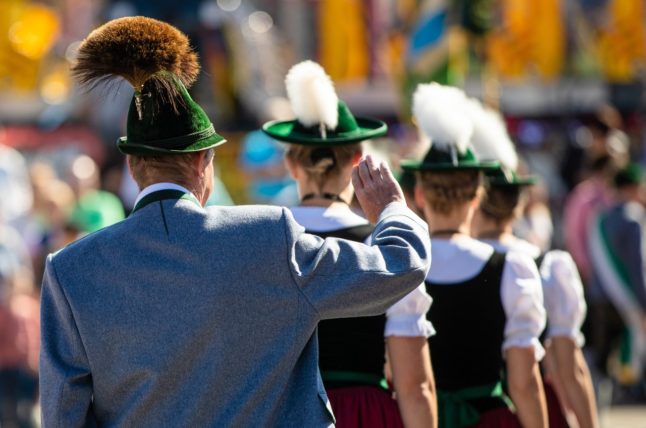
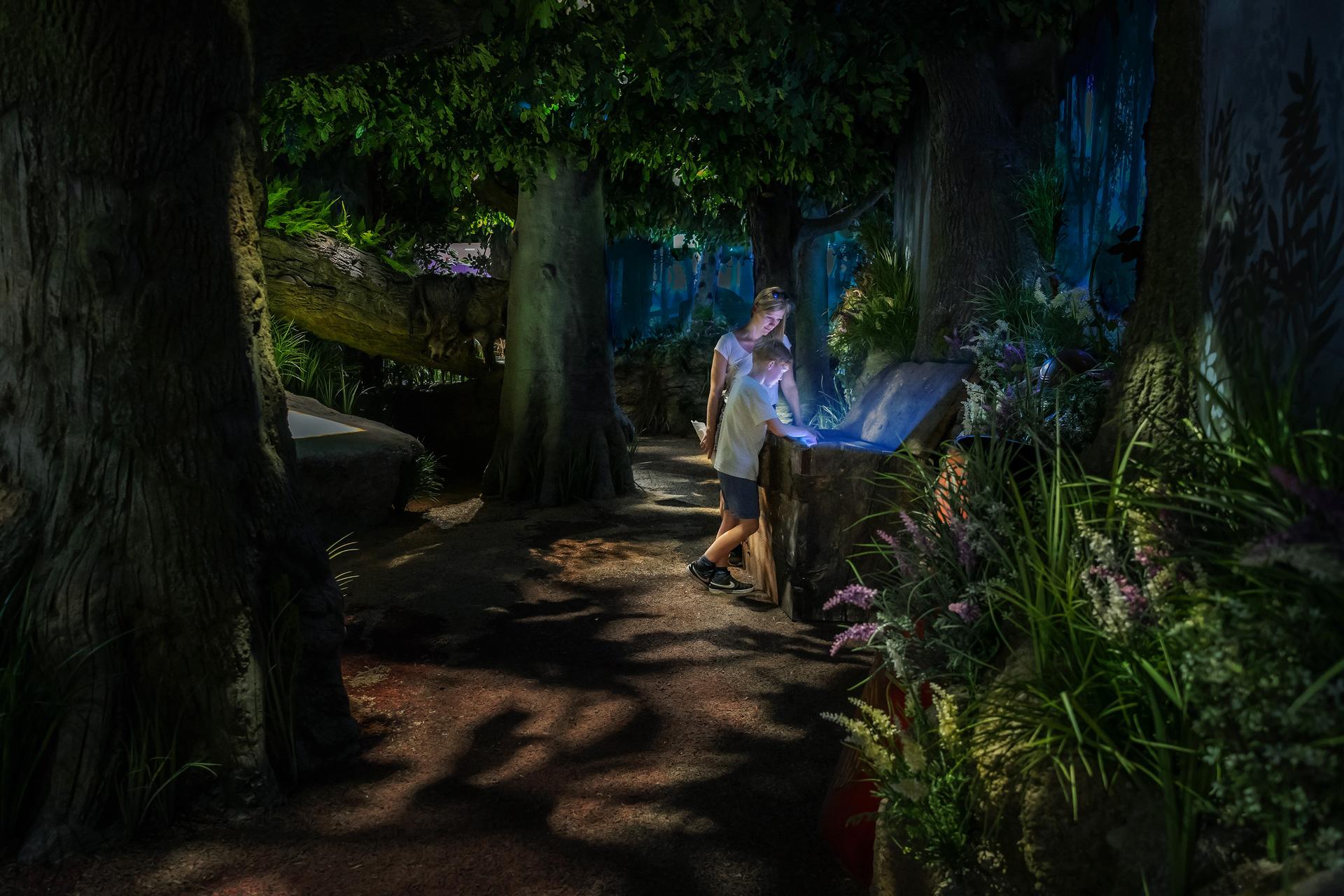
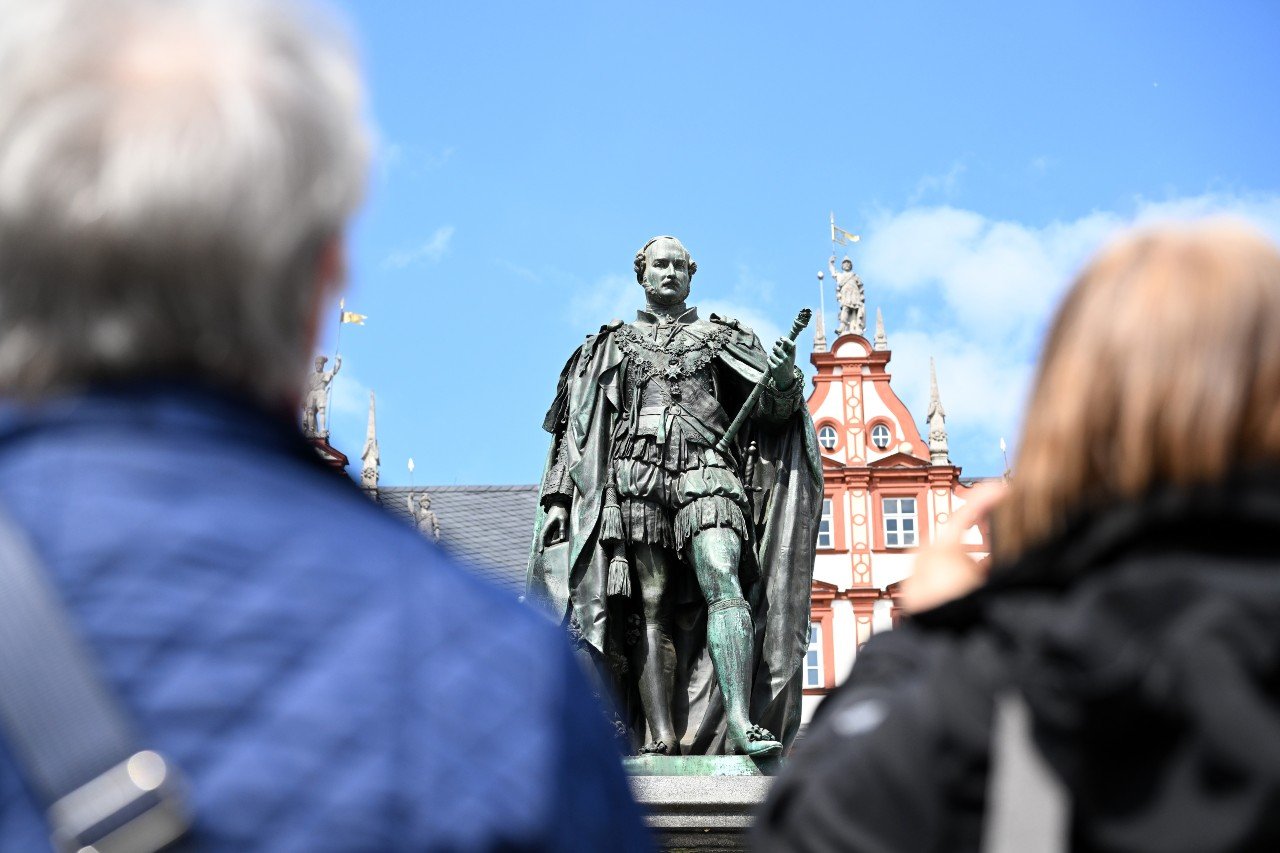
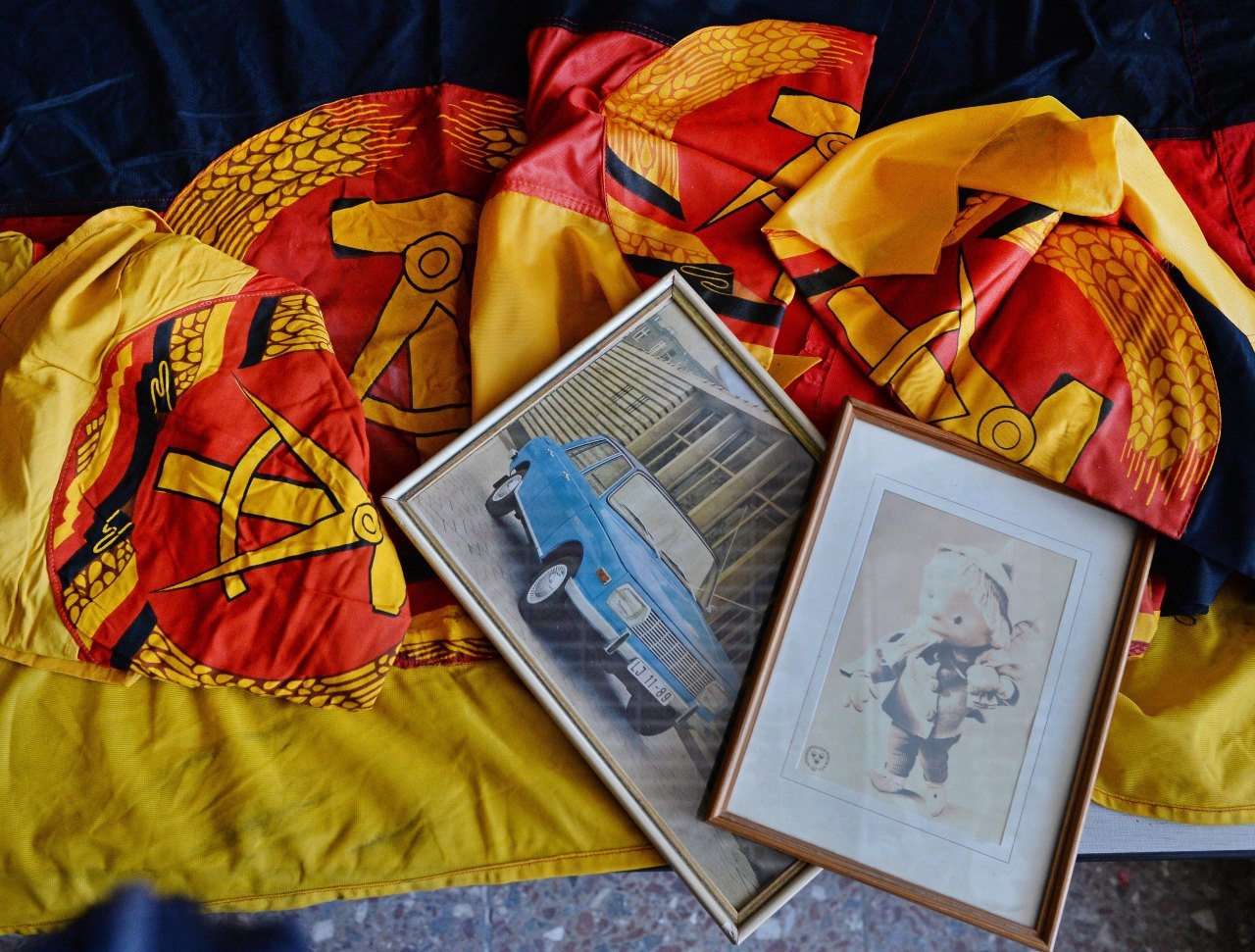
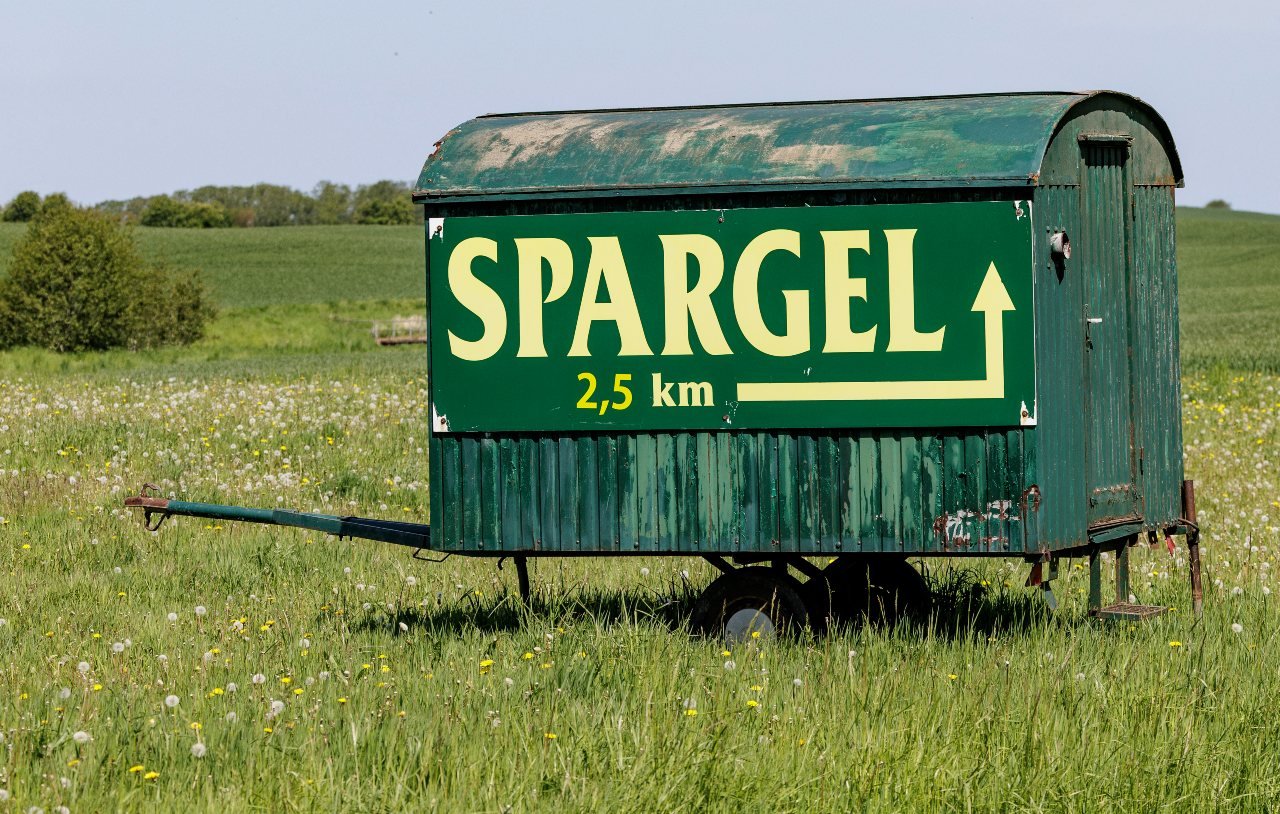
 Please whitelist us to continue reading.
Please whitelist us to continue reading.
Member comments